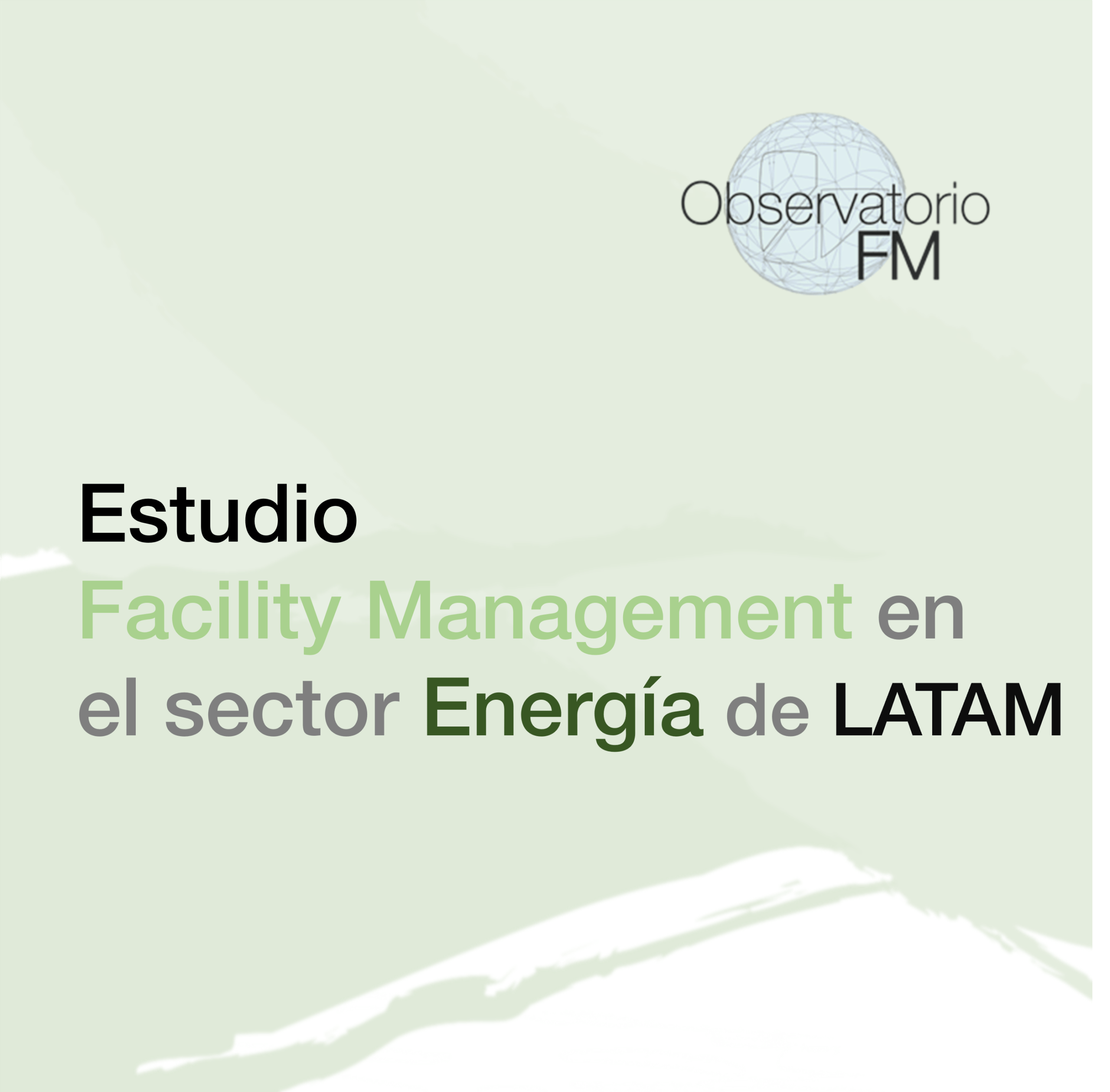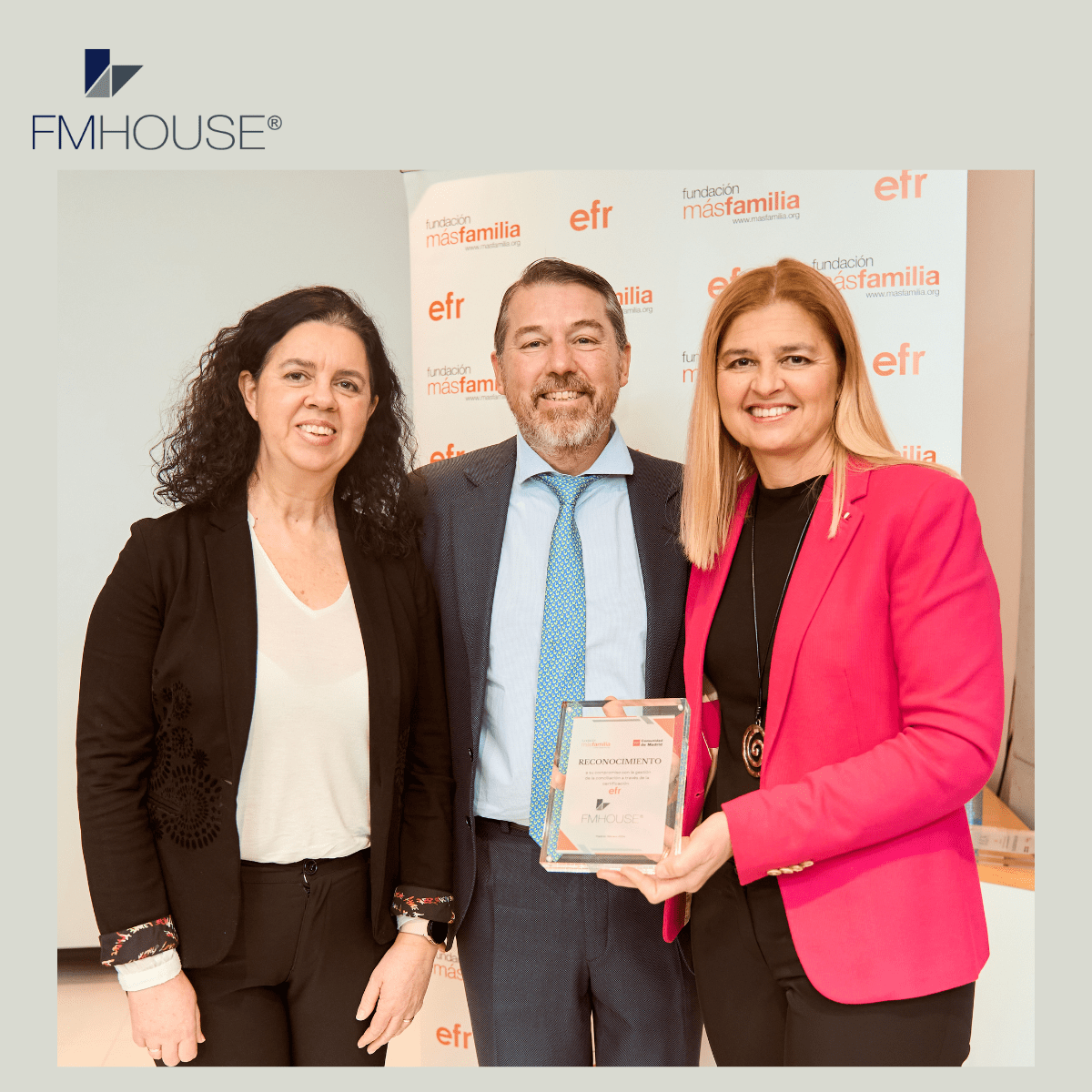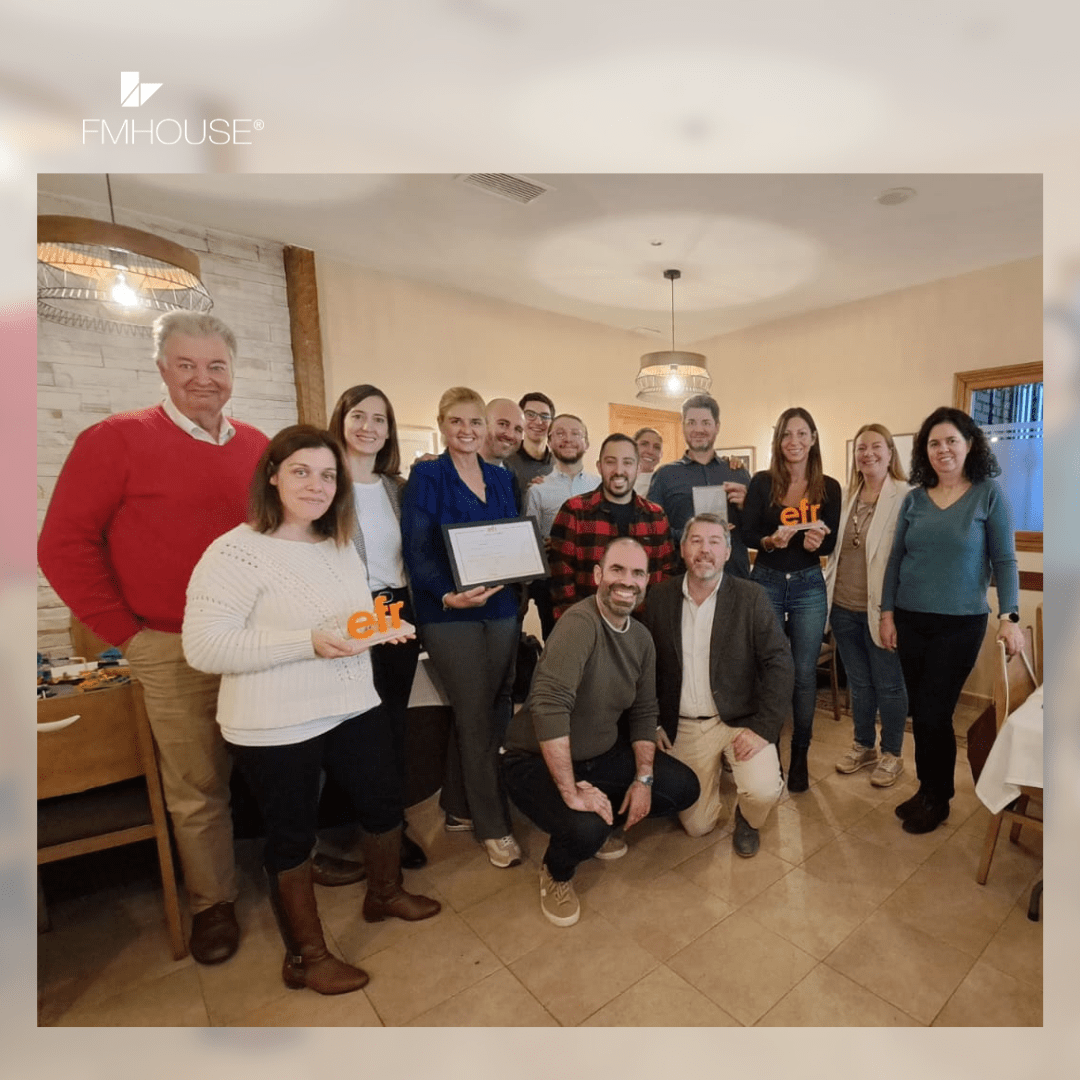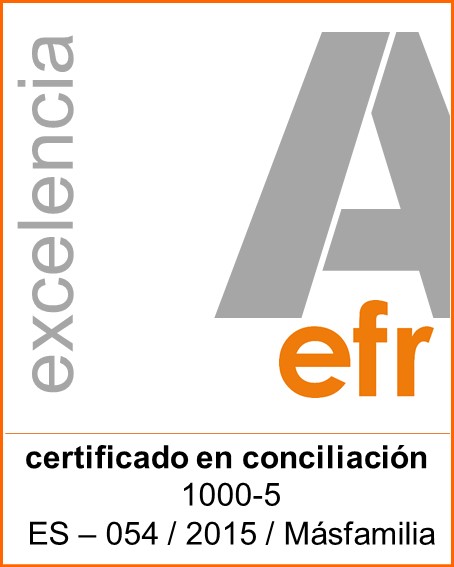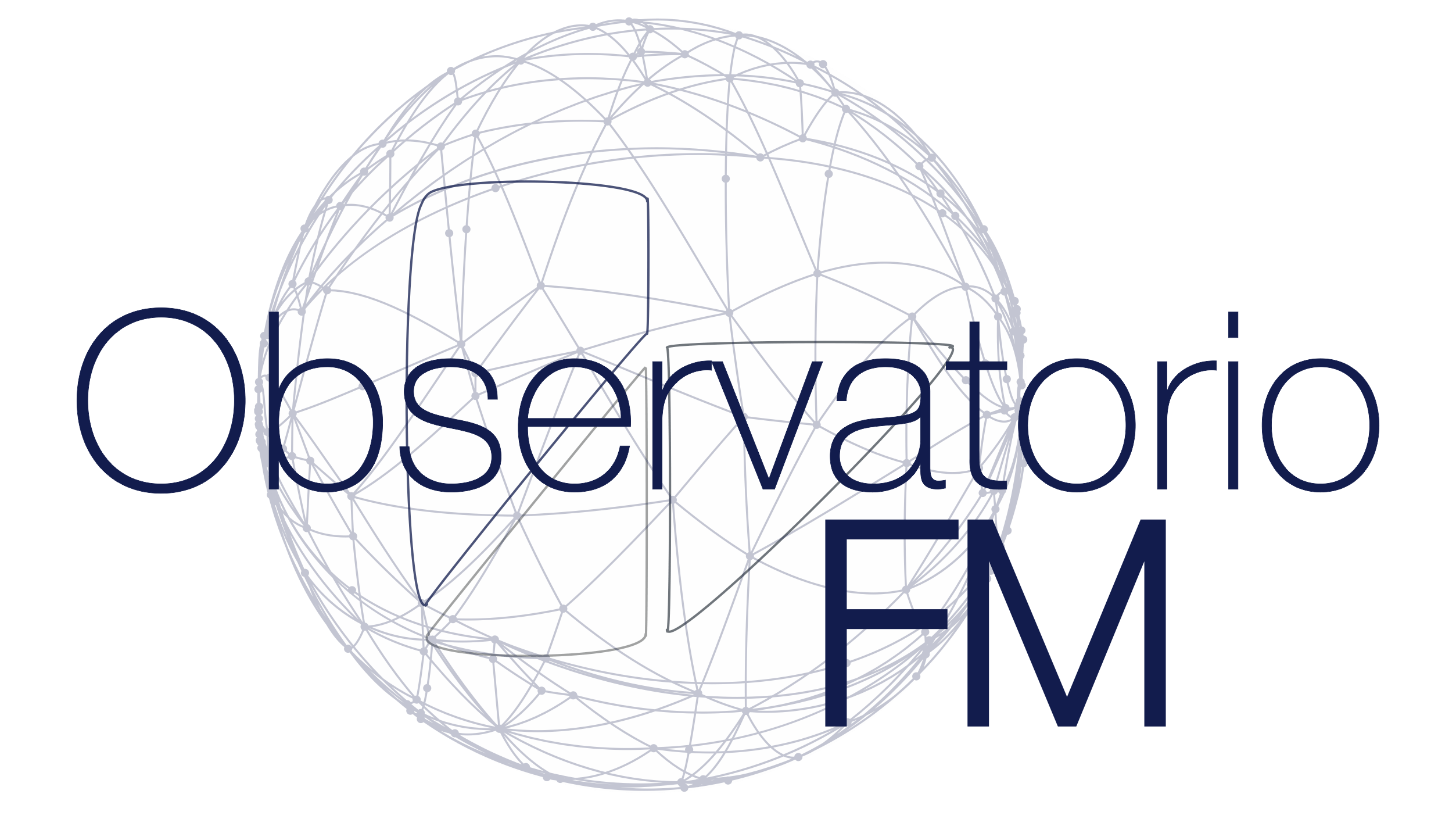Chinese gastronomy is one of the most prevalent in the world. The eight major cuisines are very different to each other: Cantonese with its dim sum or lacquered duck; Sichuan often uses a large metal pot to produce spicy soups such as hotpot; Zhejiang is less spicy and based on fish and seafood; Shandong is considered the best and oldest, concentrating on the flavours of the ingredients; Fujian is very light and tasty and uses a great deal of umami; Hunan is also famous for its spiciness yet with a sour touch, and its pickles are renowned; Jiangsu is the most refined of the cuisines, owing to its techniques and meticulous presentation; and Anhui, with its ingredients sourced from mountain areas, features a large variety of wild herbs.
If we recall the last time we went to a run-of-the-mill Chinese restaurant, we will probably have eaten a huge spring roll, special fried rice, sweet and sour chicken and beef with bamboo shoots, accompanied by a strange Chinese bread roll. When you ask an expert what region those dishes are from, the answer is blunt; “none, that’s not eaten in China”. Over the years, their cuisine has been adapted to suit western tastes, turning it into something that is far from authentic, yet commonly accepted.
This is also applicable to Facility Management, FM is what it is, and defined by a standard international consensus. From then on, each company will interpret it, indeed, must interpret it as they see fit, depending on their needs, situation, relationship with the business, etc. But each model is simply that, an adaptation, not a change in meaning. For many, FM is only what they want to describe it as, which is misleading, since this is merely their own interpretation. It is of upmost importance to remember what FM really is.
To be and not to be
FM is about professionalising support activities, understanding your customers and users, optimising the resources being used, aligning business needs and adapting to changes as quickly as possible. FM is not, on the other hand, outsourcing without thorough analysis, looking for a single provider “for everything”, or exploiting those who give you a service because someone else has promised a 20% discount regardless of the operation. Although it is most probably not the first time you hear all this, it certainly does not define FM, however much they try to persuade us.
Solution or problem
One solution that might come to mind is to inform and train the market about what FM really is, how it should be used, the benefits it yields and the different models that can be used to make sure it is not misused in any way or personal interpretations are not mistaken for an accurate definition. Nevertheless….
Let’s imagine we do the same with Chinese food: we explain what it is and what it is not in an obsessive manner. We tell people that Chinese bread only exists outside China, that spring rolls are small, crunchy morsels, or that special fried rice is a western invention. We illustrate the dishes of the 8 major cuisines and hold tasting sessions, everything necessary to instil “the truth about Chinese cuisine”.
But what about those who like it the way it is? What happens when someone demands authentic recipes in a restaurant and they are not available? Will restaurants find chefs with the right skills and knowledge? Is it worth all the effort?
And what would occur if we could explain to everyone in our sector what FM really is? Are companies ready to understand its full scope and recognise its relevance? Are industry professionals able to design models aligned with their needs? Are providers ready to reach higher levels of commitment?
Would it have been worth the effort, and might being pedantic be a risk?



